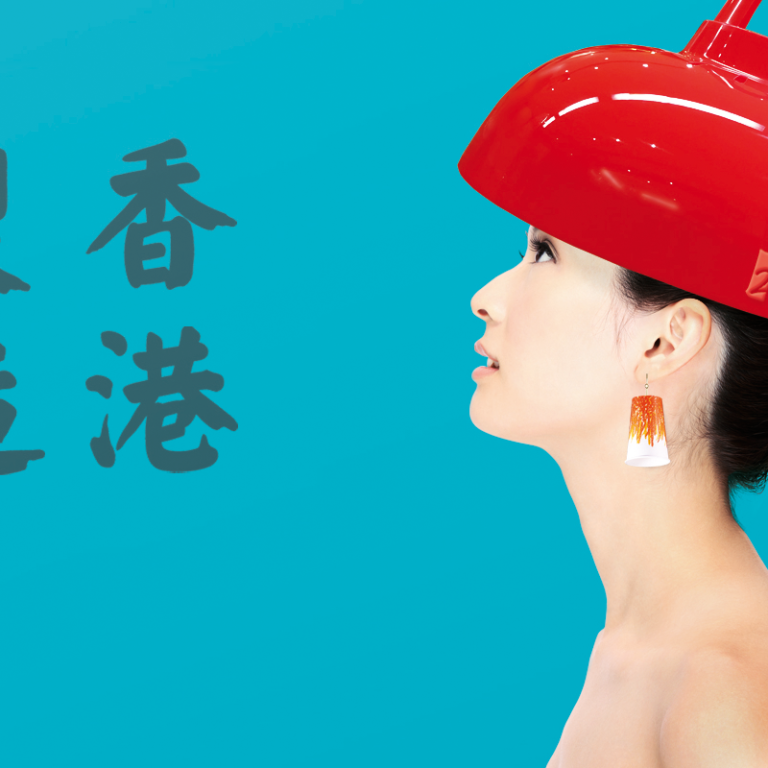
Made in Hong Kong: The People Keeping the Label Alive
The city’s manufacturing heyday is past, but there are still businesses that insist on crafting their wares right here at home.
The city’s manufacturing heyday is past, and the “Made in Hong Kong” label has become a rarity. But there are still businesses that insist on crafting their wares right here at home.

Steaming into History
Fifth-generation bamboo product maker Raymond Lam Ying-hung hates to be interrupted when working—even when it’s for press interviews. “I’m always busy. There are more restaurants, more people and more families cooking at home, so there’s a greater demand for our products,” he says.
The owner of Tuck Chong Sum Kee Bamboo Steamer Co. in Sai Ying Pun, Lam started making bamboo steamers with the family when he was still a child. Because of the varying rigidity and thickness of strips of bamboo, bamboo steamers are best when handmade, as the construction of each steamer can be adjusted to suit each piece of bamboo.
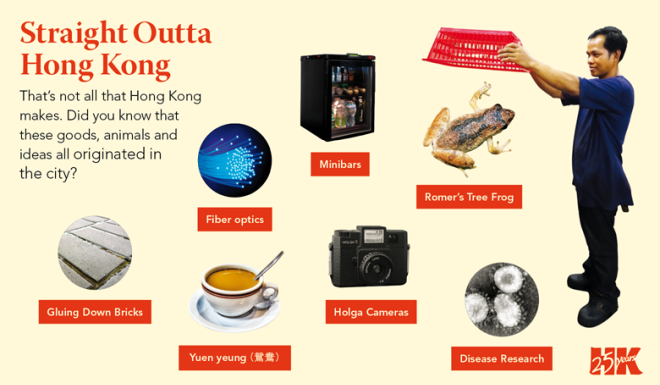
The company, originally based in Guangzhou, has been around for more than a century. In addition to selling bamboo steamers of various sizes, the shop carries cooking utensils and fans. Only the steamers are locally made—part of the company’s production line has been moved to mainland China to save costs.
Still, Lam believes that as long as Hongkongers’ tastes stay the same, he will remain in business. The biggest challenge, he admits, is finding someone to take over from him. “It’s very difficult to earn a living making things. If nobody takes over the business, it’d be a pity, but I’m not going to cry over it.” Steamers from $15.12 Western St., Sai Ying Pun, 2548-8201.

Tile Tales
Mahjong carver Ho Sau-mai, who owns Kam Fat Mahjong, entered the family business when she was just 13 years old. “My siblings had greater ambitions. They needed to provide for their families, so naturally I was the one who was set to take over the business.”
The second-generation owner uses a chisel to carve blank tiles before coloring them in. After the paint dries, she dusts the tiles with talc to make it easier to scrape off excess color after the paint dries. She carves around three dozen tiles every day.
Ho’s son has chosen a different career, which means the family carving business will likely end with her. A few outsiders have expressed interest in learning the craft from Ho, but none have followed through. “I don’t think it’s a shame because they wouldn’t be able to earn a living anyway,” she says.
In recent years, her Hong Kong shop has been getting a lot more attention from the media and the public alike: “For decades, nobody said anything about us. I guess you’re here today because there aren’t many craftsmen like us in Hong Kong anymore,” she says.
Ho’s shop also sells factory-made mahjong tiles, as very few clients request the far more expensive handmade ones. Nowadays she works only half-days, so she can spend time taking care of her family. “I carve mahjong tiles as a hobby now,” Ho says, “and also to keep my memories alive.” $1,780 per hand-carved mahjong set of 144. 2 Bulkeley St., Hung Hom, 2362-8421.
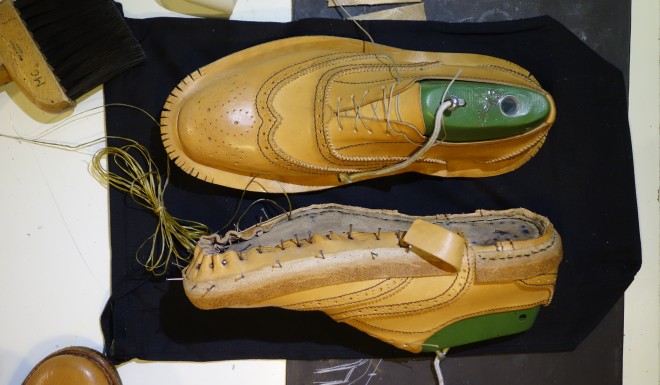
If the Shoe Fits…
Around four years ago, Shoe Artistry co-founders Jeff Wan and Kit Lee saved a piece of Hong Kong history when they took over a decades-old shoemaking business, Ming Kee Shoes, that was being forced to close up shop due to exorbitant rents. Alongside Ming Kee’s veteran shoemaker Uncle Kong, they started running a store in Mong Kok that doesn’t just handmake shoes: It also holds workshops and trains apprentices. Wan, a product designer, says that over the past decade he’s developed an interest in traditional craftmanship and what remains of local industry. “I want to bridge the divide between light industries and design,” says Wan.
But passion is only a part of the equation. “Rent is our greatest challenge,” says Wan. “There’s also the mindset of Hongkongers: They’re accustomed to being fast-paced, and bespoke services take time.” But he notes that independent labels and individual designers have become more mainstream, making his business more viable.
“Shoemaking is a craft. It takes time to learn. No one would want to join the profession if our culture continues to be so focused on earning fast money,” says Wan. “Many light industries have moved to the mainland for mass production, but you can’t adopt the belief that we won’t survive without the mainland. That sort of thinking has to go.” Shoes from $3,800; workshops from $200 per hour. Office 4, 2/F Prosperity Building, 61 Tung Choi St., Mong Kok, 2796-6018, shoeartistry.info
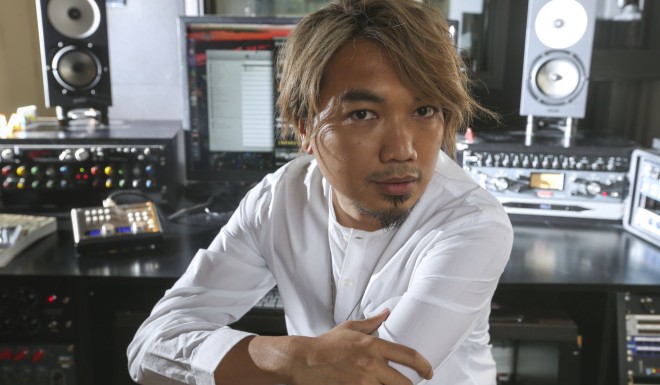
Just In Time
William Shum graduated with his Masters degree just as the 2008 financial crisis hit. So instead of a career in finance, he set his mind to entrepreneurship instead.
Shum did some research and established Memorigin, to produce the first tourbillon watches ever made in Hong Kong. Developed in around 1800 to counter the effects of gravity on the accuracy of watches, these complex mechanisms have since become more of a showpiece than a timepiece.
Memorigin’s watches are all assembled in-house at their workshop in Chai Wan. The designs are the result of collaborations with Hong Kong designers, collectors—and even international movie companies, with special edition Transformers and Star Wars watches currently available.
Shum says that skilled workers are difficult to come by nowadays. But he’s not worried about a possible lack of manpower. “We’re not about quantity. We make a fixed number of pieces every month.” And keeping it in the city is important. “As a Hong Kong brand, making our timepieces in Hong Kong means greater authenticity and a stronger sense of local culture,” he says. Watches from $20,000. Shop No. 3, G/F, Peninsula Apartments, 16 Mody Rd., Tsim Sha Tsui, 2976-0108, memorigin.com

Suit Ability
Bespoke menswear maker Bonham Strand came to life just four years ago, when its founder and chairman Jong Lee saw an opportunity in a longstanding Hong Kong tradition as the traditional tailoring industry declined. Bonham Strand is a social enterprise that doesn’t just cut suits: It aims to train disenfranchised people such as rehabilitated drug addicts, giving them careers of their own.
It’s hard to find the right people, says Lee. “It’s not easy to find good tailors and seamstresses, but you learn to accept the industry you’ve chosen—it’s not mass production. I’ve learnt to respect the process, my employees’ views, and what they can do.”
At Bonham Strand, every tailor oversees several parts of the production process, unlike factory line workers who specialize in individual tasks. With everything made at their Lai Chi Kok workshop and Central store, it’s easier to follow up on orders. “It’s the same reason why you wouldn’t want to see your doctor through a middleman,” says Lee. “Your tailor knows your suit best.”
Lee is now looking to expand Bonham Strand’s business by hiring former garment industry seamstresses and at-risk youth, and organizing apprenticeship programs. Lee’s also encouraging their best tailors to eventually become full-time mentors. “These are challenges, but good problems to have,” he says.Suits from $4,500. Suite B, 2/F, On Lok Mansion, 39-43 Hollywood Rd., Central, 2811-4768, bonhamstrand.hk
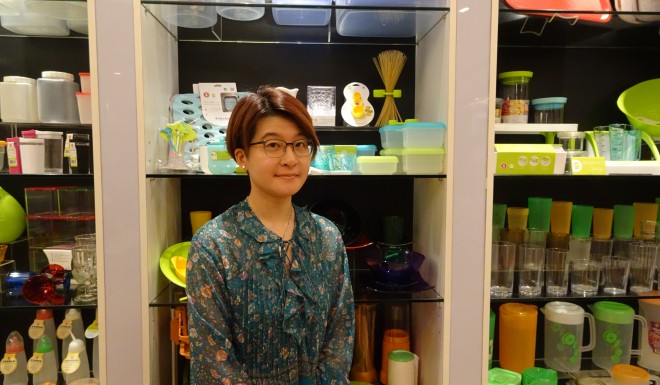
Red All Over
Established in 1949, Star Industrial Co., better known as the maker of “Red A” plasticware, has become an indispensable part of Hong Kong culture. Red A is everywhere—from the lampshades you see at wet markets and the medicine bottles at government hospitals, to condiment dispensers at your favorite cha chaan teng. “We pretty much make all the plastic products for the local food and beverage industry. We also get a lot of orders from the government,” says third-generation factory operator Jessica Leung, who serves as the company’s business development director. The company even makes specially designed cups for the city’s prisons.
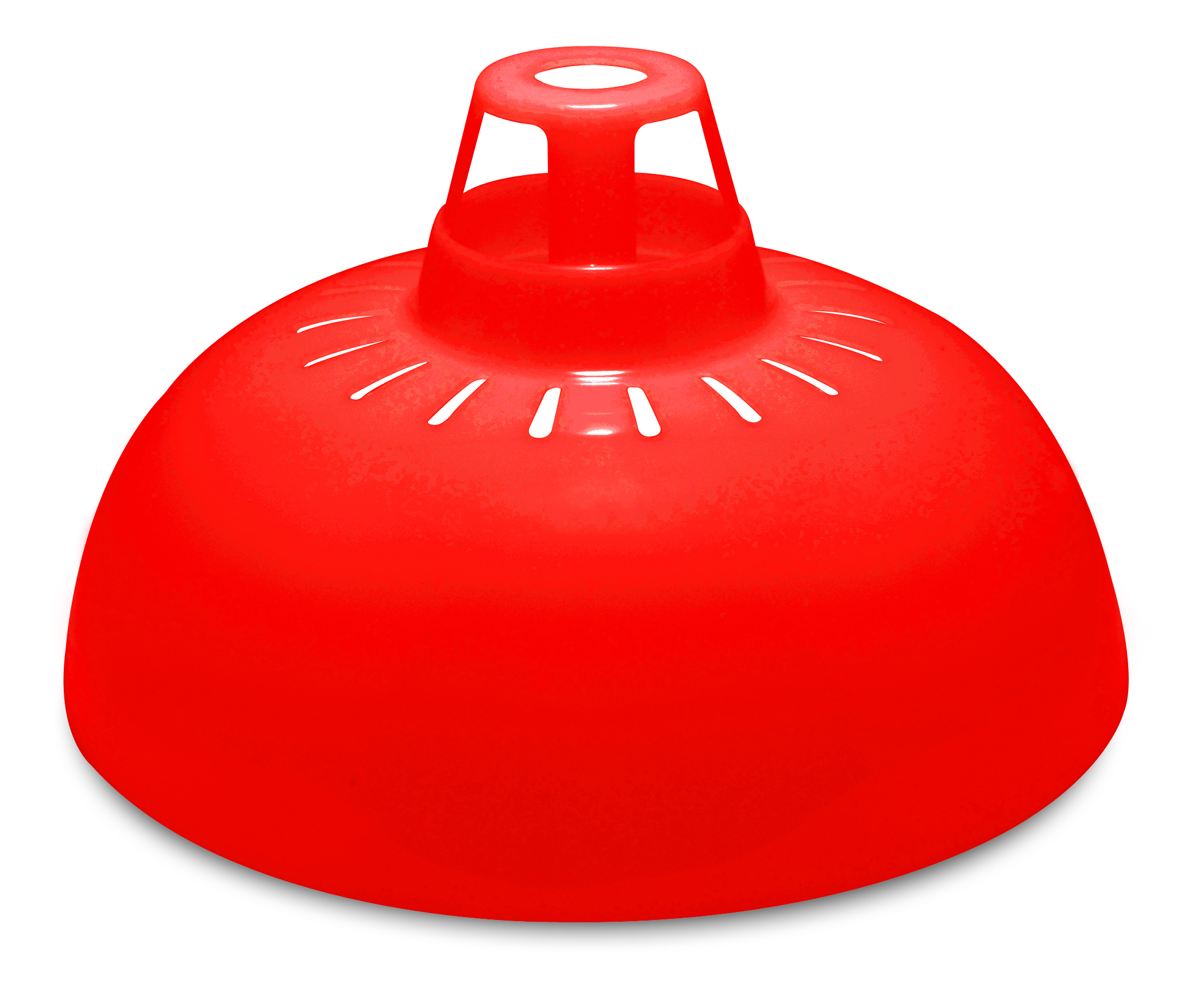
The manufacturing industry moved to China in the 1980s, but Leung says that there are no plans to move Red A. “In Hong Kong, we have the skills, the knowledge and the chemistry to sustain our team. My father and grandfather insisted on keeping our products locally made, because quality control and safety are our priorities.”
Around two years ago, Leung began revolutionizing the way Red A products are made by automating more of their production. “This is how we can attract younger skilled workers. We need programmers, for example, for our robotic equipment.”
The brand has also come up with a newer, more contemporary line of products to attract younger consumers. “My generation is more focused on branding rather than innovating,” Leung says. “The way we market our brand is essential to encouraging our future generations to continue the family business.” Buy Red A products from $1 online or in supermarkets. 2320-6261, reda.com.hk

